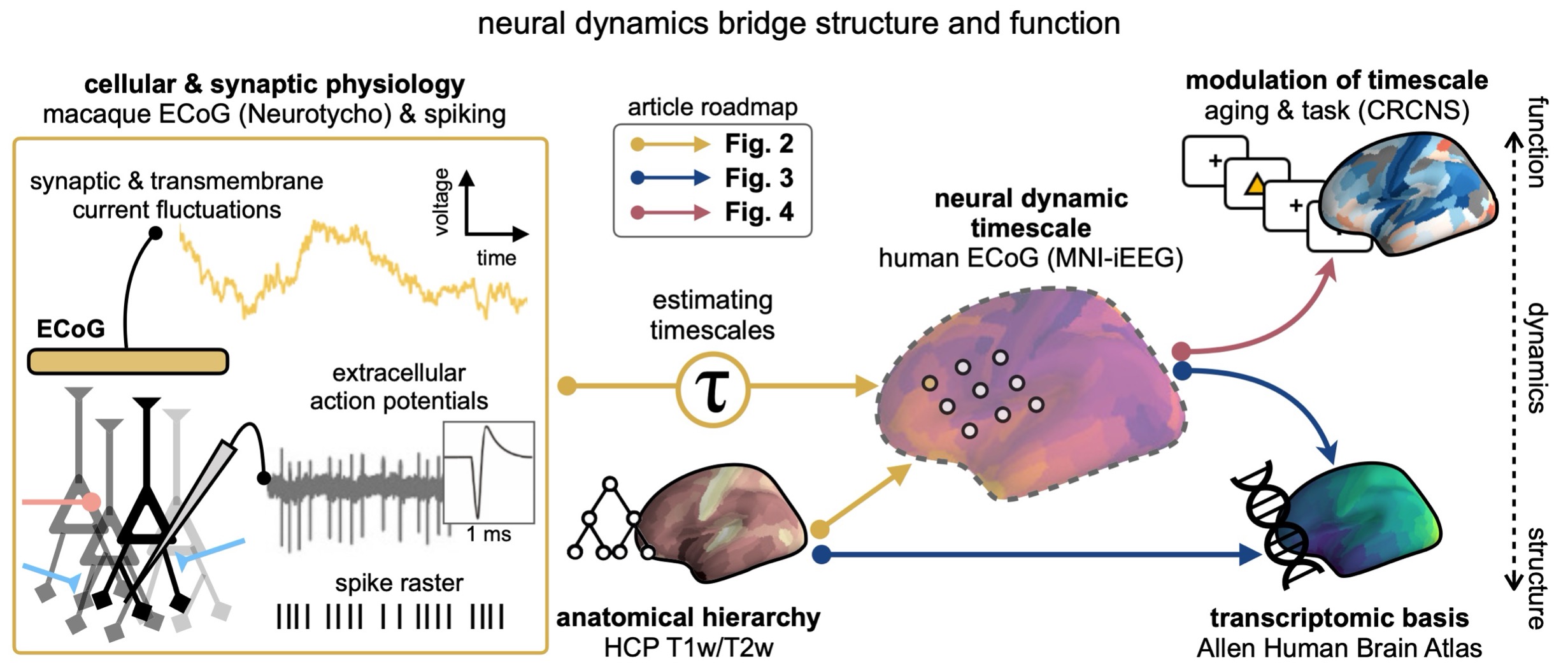Neuroscience
What does a neuron do?
Seriously. Think about this one. The answer to this question will almost certainly depend on who you ask: neuroscientists from different backgrounds will give very different answers.
This is partly because most neuroscientific “facts” are inherently making statistical statements. For example, you might have learned that Broca’s area is for speech production, but this is only true insomuch as there is a brain region that can be clearly identified as “Broca’s area” in any one given person. There’s a reason why neurosurgeons do electrical stimulation mapping prior to tissue resection: nothing in the brain is ever as simple as textbooks indicate.
Think critically about any statements you encounter in the neuroscientific literature and in your own thinking; what does it mean for a brain region to be “involved in a task”? Can you have neural correlates of a behavior without needing that neural region? How are the researchers operationalizing “attention”, “memory”, “emotion”, etc.?
Are we measuring what we say we’re measuring, or are we too trusting of statistical summaries of our data? What else can we learn from our data? What else have people done in the past, that we might have forgotten? Look to the literature before you start your research. A lot of amazing research was done in that has been forgotten. (But don’t mistake old research as Truth, either.)
